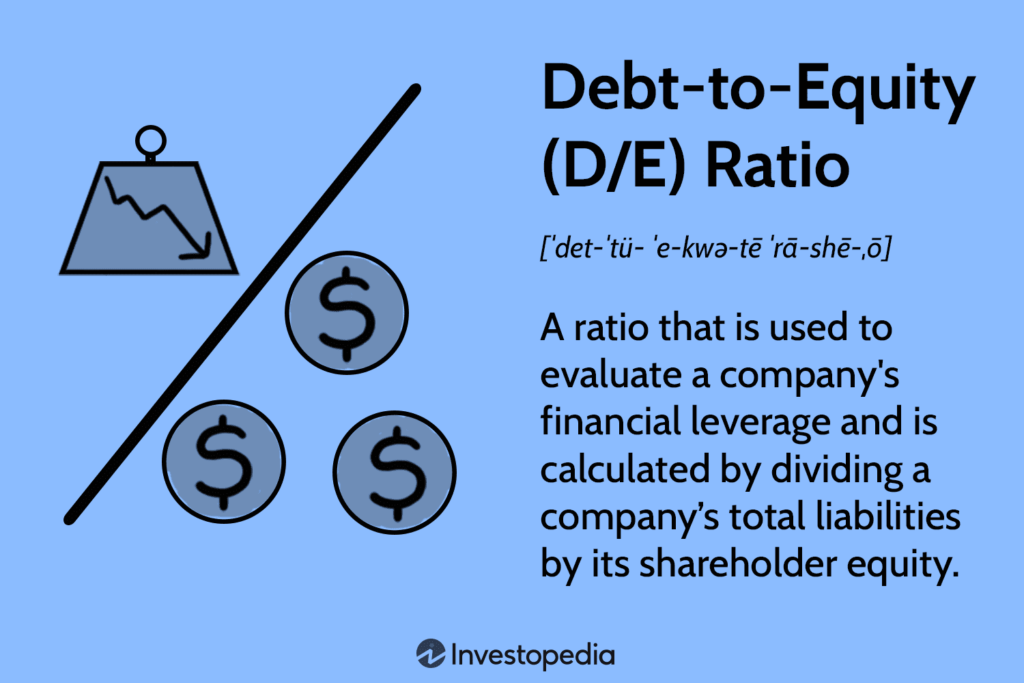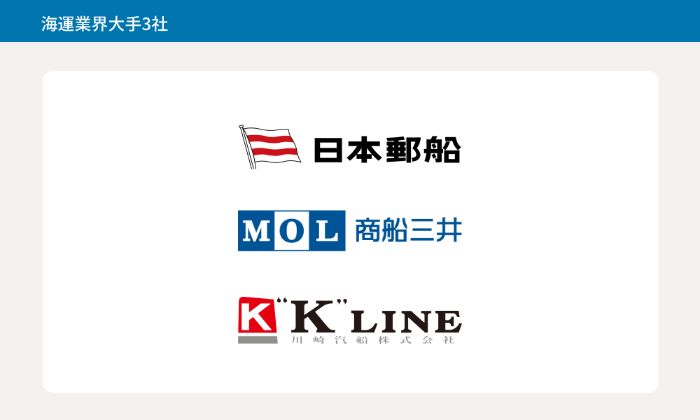(Text by Hirofumi Yamamoto)
For shipping companies listed on the Prime Market of the Tokyo Stock Exchange, the current financial climate presents an opportune moment to transition from Japanese accounting standards to International Financial Reporting Standards (IFRS). Following record-breaking performances over the past two fiscal years (2021-2022), these companies have seen significant improvements in their financial standings. Particularly for the top three shipping giants—Nippon Yusen (NYK Line), Mitsui O.S.K. Lines (MOL), and Kawasaki Kisen Kaisha (K Line)—now appears to be the ideal time to implement IFRS if they have such plans.
The primary reason these leading shipping companies have hesitated to adopt IFRS has been the requirement to recognize lease liabilities as both assets and liabilities on their balance sheets.
NYK Line, MOL, and K-Line collectively operate approximately 2,000 vessels, with 60-70% (1,200 to 1,400 ships) chartered from Japanese or foreign shipowners on long-term contracts. Should IFRS be adopted, these multi-year, medium- to long-term contracts would effectively be treated as the shipping companies’ assets. Consequently, the ships chartered from external shipowners to keep debt off their balance sheets would also have to be recognized as interest-bearing liabilities of the shipping companies.
Before 2000, major shipping companies faced a debt-to-equity ratio (DER) that had ballooned to 1.5-2 times, and there were concerns that, when including the debts from chartered ships, the DER could swell to 3-5 times.
Thanks to the remarkable performance over the past three years, the equity capital of the top three shipping companies has expanded from 1.5 trillion to 2.5 trillion yen, nearly tenfold.

Currently, even when adding the estimated 500-600 billion yen of interest-bearing debts from chartered ships per company, the DER remains within the range of 0.5-0.6 times. Furthermore, the adoption of IFRS (International Financial Reporting Standards) currently offers advantages to major shipping companies.
The International Accounting Standards Board (IASB), which develops IFRS standards, has decided to require companies adopting IFRS to disclose the breakdown of their operating profit starting from fiscal 2027. There is a discussion about whether the profits from equity method affiliates, where the parent company holds around a 30% stake, should be considered as part of the actual “operating performance” of the company.
However, by disclosing the details of operating profit, it becomes clear whether the operating profit is earned by the main company or by its equity affiliates. Nippon Yusen, Mitsui O.S.K. Lines, and Kawasaki Kisen Kaisha incorporate the equity method profits from their jointly owned container shipping company ONE into their ordinary profits. Consequently, their profits significantly increase from the operating profit stage to the ordinary profit stage, making it easier for investors and analysts to understand their financial results.
The absolute amount of equity method profits from ONE is also discernible, as it exceeds the operating profits of the main companies.
It appears that under Japanese standards, equity method profits are included in ordinary profits. For listed shipping companies in Japan, there are no concerns about an increase in DER due to the asset and liability recognition of lease contracts as defined by IFRS. Furthermore, in recent years, major shipping companies have been focusing on increasing their operating profits, which have been relatively modest compared to their ordinary profits. Now is the opportune moment for major shipping companies to transition to IFRS.
<オピニオン>日本の海運大手にとってIFRSを導入する好機。
(Text by Hirofumi Yamamoto)
日本の東京証券取引所プライム市場に上場する海運会社にとって、現在の財務状況は決算会計を日本基準から国際会計基準(IFRS)の好機ではないのか。2021―22年度の2期にわたる過去最高の業績を受け、海運各社とも財務内容が飛躍的に改善された。とりわけ、日本郵船や商船三井、川崎汽船など海運大手3社は今後、IFRSの導入を計画しているなら、今こそその最適時期と考えられる。
海運大手がIFRSの導入に踏み切れなかった最大の理由は、リース債務を資産・負債計上しなければならいない点だった。
日本郵船や商船三井、川崎汽船は3社合計の運航船約2000のうち、全体の6-7割、1200隻から1400隻を日本船主や外国船主からの定期用船で調達している。
IFRSが導入されれば、複数年の中長期契約は実質的に海運会社(用船者)の資産扱いとなる。つまり、海運大手が自社の負債(有利子負債)をオフバランスするために外部から用船していた船主の船舶についても、海運大手の有利子負債に計上されることになる。
2000年以前、負債資本倍率(DER)が1・5-2倍に膨らんでいた海運大手にとって、船主の用船の負債を含めればDERが3-5倍に膨れあがる懸念があった。
過去3年間の驚異的な業績を受け、海運大手3社の自己資本比率は1・5兆円―2・5兆円とほぼ10倍まで拡大した。

現時点では1社当たり5000―6000億円と試算される船主からの定期用船の有利子負債を加えても、DERは0・5-0・6倍の範囲で収まる。
さらに現在、IFRSを導入すれば有利な点が海運大手にはある。
IFRSの基準を作成する国際会計基準委員会(IASB)は2027年度からIFRSを導入している企業の営業利益に対し、その内訳を開示させる方針を決めた。
営業利益の内訳には、本体が関連会社に30%前後出資する持ち分法適用会社の利益を取り込んでいるケースがある。持ち分法投資利益を本来の「営業で稼いだ力」とみるのか、そうとみないのか、そこには議論がある。
しかし、営業利益の内容が開示されることで、少なくとも本体で稼いだ営業利益なのか、出資先が稼いだ営業利益なのか、の区別はつく。
日本郵船、商船三井、川崎汽船は3社が出資するコンテナ船会社ONEからの持ち分法投資利益について、いずれも「経常利益」で取り込んでいる。そのため、営業利益段階から経常利益段階で利益が飛躍的に膨らむが、これも投資家やアナリストにとっては、ある意味で分かりやすい決算となっている。
本体の営業利益よりもONEからの持ち分法投資利益が多いことで、ONEからの利益の絶対額も分かる。
日本基準のルールとして持ち分法投資利益を経常利益に取り組むルールになっているようだ。現在の日本で上場している海運会社ならIFRSが定義するリース契約の資産・負債計上に伴うDER増加の懸念は皆無である。さらにここ数年、海運大手は経常利益に対し見劣りする営業利益の増加に力を入れている。今こそ、海運大手にとってIFRSへ移行する好機だろう。
